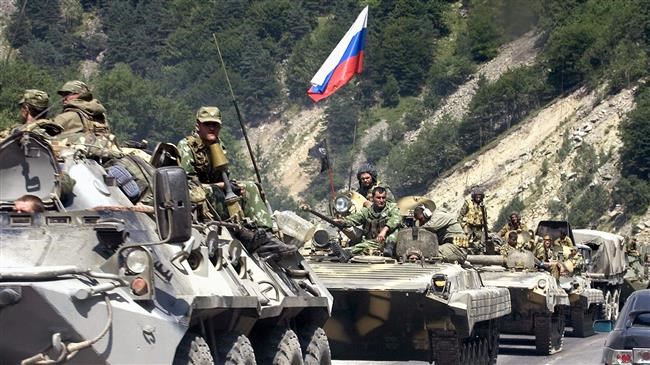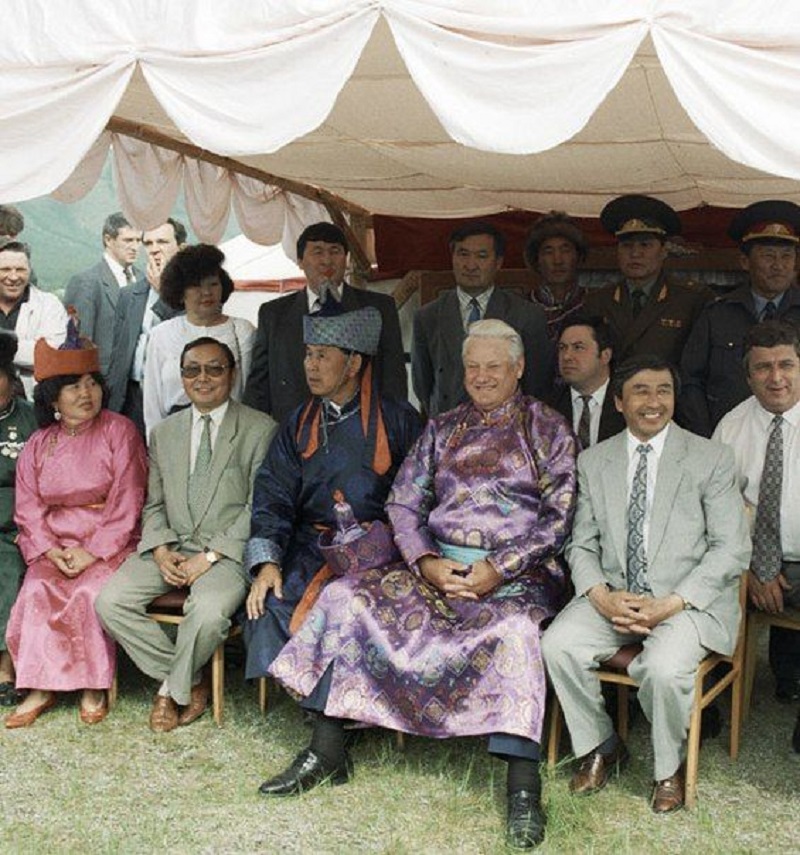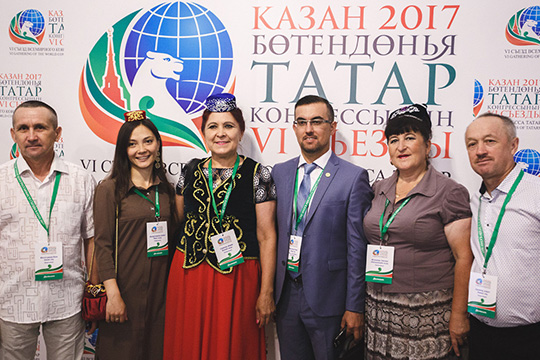Citing unnamed “informed sources,” a Saudi newspaper says that “Russia has prepared approximately 60,000” predominantly Sunni Muslim soldiers from the North Caucasus to dispatch to Syria, a dramatic expansion in the limited Chechen police contingent now stationed in Aleppo and within the TURAN battalion near Palmyra.
Marwan Ash-Shamali, a Saudi commentator, published that statement in Riyad’s Al-Watan newspaper four days ago. It has now been translated and has received wide coverage in the Russian media (inosmi.ru from the original available at alwatan.com.sa).
The Saudi writer argues that the use of such Muslim troops gives Moscow an advantage in Syria because they can more easily cooperate with or even blend in with Syrian government forces. But he suggests that “in the near term,” such units are unlikely to play “a major role” in that country. That would happen after all of them were there. When that will be is unknown.
Not surprisingly, Ash-Shamali focuses on the impact of these troops in Syria where they would strengthen the Sunni positions favored by Riyad. But the impact of the formation of such forces within Russia is likely to be far greater, spreading from the military to the political and social system.
Russian commanders in recent years have worried about the high concentration of soldiers from Muslim regions in various units, the result of the demographic collapse of the ethnic Russians and the still rapid growth of Muslim nations, and Moscow has sought to compensate for this by cutting severely the draft in Muslim areas.
That hasn’t been popular either in those places or among Russians. In the former, many object to being kept out of the military because that limits career options in the police and other siloviki units. And in the latter, Russians can see that they are being asked to pay a higher “tax” than their Muslim counterparts. A 60,000-man Muslim army would only exacerbate this sense.
But more immediately, many Russians would likely view this as yet another concession by Moscow to Chechnya and its leader Ramzan Kadyrov and an effort by Vladimir Putin to create a kind of janissary corps to defend him against challenges coming from the Russian people.
And to the extent they do, many Russians and those politicians who listen to them are certain to object either to the creation with Moscow’s money of what could be an independent Chechen army or to a new Savage Division, as the North Caucasus troops were known in World War I, that might be used to suppress demonstrations.
Related:
- Is Moscow about to transform occupied Crimea into an Islamist enclave?
- Putin provoking rather than preventing Islamist terrorism in Russia, Portnikov says
- ‘Islam is changing Russia rapidly and profoundly,’ Polish writer says
- Putin’s policies make clash of Orthodox and Islamic civilizations in Russia more likely
- Putin using all means against the West – including Islamist terrorism – Piontkovsky says
- Chechnya – a bigger threat to Russia now than it was in the 1990s, Moscow paper suggests
- Kadyrov may be loyal to Putin and Russia but most Chechens aren’t, activists say
- Chechen and Afghan echoes of Putin’s military operation in Syria





